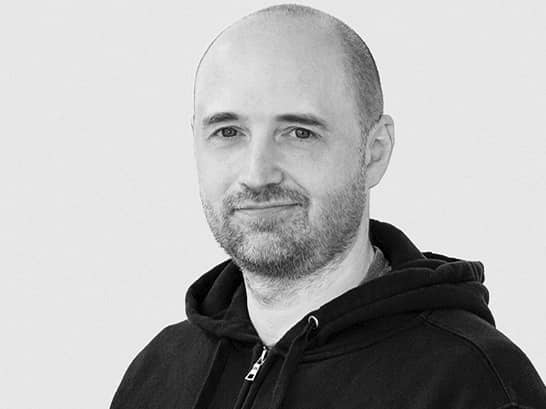订阅 wiki
Share wiki
Bookmark
Simon Jentzsch
0%
Simon Jentzsch
Simon Jentzsch 是 区块链 行业中的一位杰出人物。他最出名的是作为 Slock.it 的联合创始人。Simon 因其在 2016 年 4 月开发 The DAO(去中心化自治组织)方面的作用而闻名,该组织在 2016 年 6 月因大量资金被黑客盗取后停止运营。他为推进去中心化治理和智能合约技术做出了重大贡献。Simon 构建了第一个将 以太坊 区块链与物联网 (IoT) 设备连接起来的应用程序,从而在共享经济中创造了新的用例。他是 Blockchains 的区块链工程副总裁。 [1] [2] [3]
早年生活和教育
Simon Jentzsch 在德国出生和长大。14 岁时,他在 Atari ST 上编写了他的第一个商业 CAD 软件。他曾在埃尔福特应用科学大学攻读高等教育,于 1996 年至 2002 年获得工程建筑文凭,这为他提供了技术和编程方面的坚实基础。他对密码学和去中心化系统的兴趣始于他职业生涯的早期,最终促使他探索新兴的区块链技术领域。
职业生涯
在参与区块链之前,Simon 曾在多家科技公司工作,在软件开发和项目管理方面积累了丰富的经验。他的角色通常涉及开发安全且可扩展的系统,这些技能后来证明在他的区块链事业中非常宝贵。
2015 年,Simon 与他的兄弟 Christoph Jentzsch 共同创立了 Slock.it,这是一家专注于将区块链技术与物联网 (IoT) 集成的德国初创公司。Slock.it 利用区块链技术,通过提供物联网层来支持机器与人之间安全且可互操作的交易,并实现事物经济,从而帮助物联网 (IoT) 环境奠定技术基础。该公司的目标是通过允许智能对象通过以太坊智能合约自主租赁、出售或共享,从而创建一个去中心化的共享经济。Slock.it 因其在去中心化和自动化方面的创新方法而在区块链社区中获得了极大的关注。2019 年,slock.it 被 Blockchains 收购[5][6][7]
2020 年,在 Blockchains 收购 slockit 后,Simon 加入 Blockchains 担任区块链开发副总裁。[8]
The DAO 黑客事件
2016 年 6 月,The DAO 遭受了重大挫折。其智能合约代码中的一个漏洞被利用,导致价值高达 5000 万美元的以太币被盗。这一事件深刻地影响了以太坊社区,引发了关于区块链交易不可篡改性的激烈辩论。[2]
以太坊社区实施了一次硬分叉来减轻损失,创建了一个新的区块链版本,并有效地恢复了被盗资金。这一决定创建了两个区块链,即以太坊 (ETH) 和以太坊经典 (ETC),而 Simon 继续支持原始的以太坊链。[4]
发现错误了吗?
